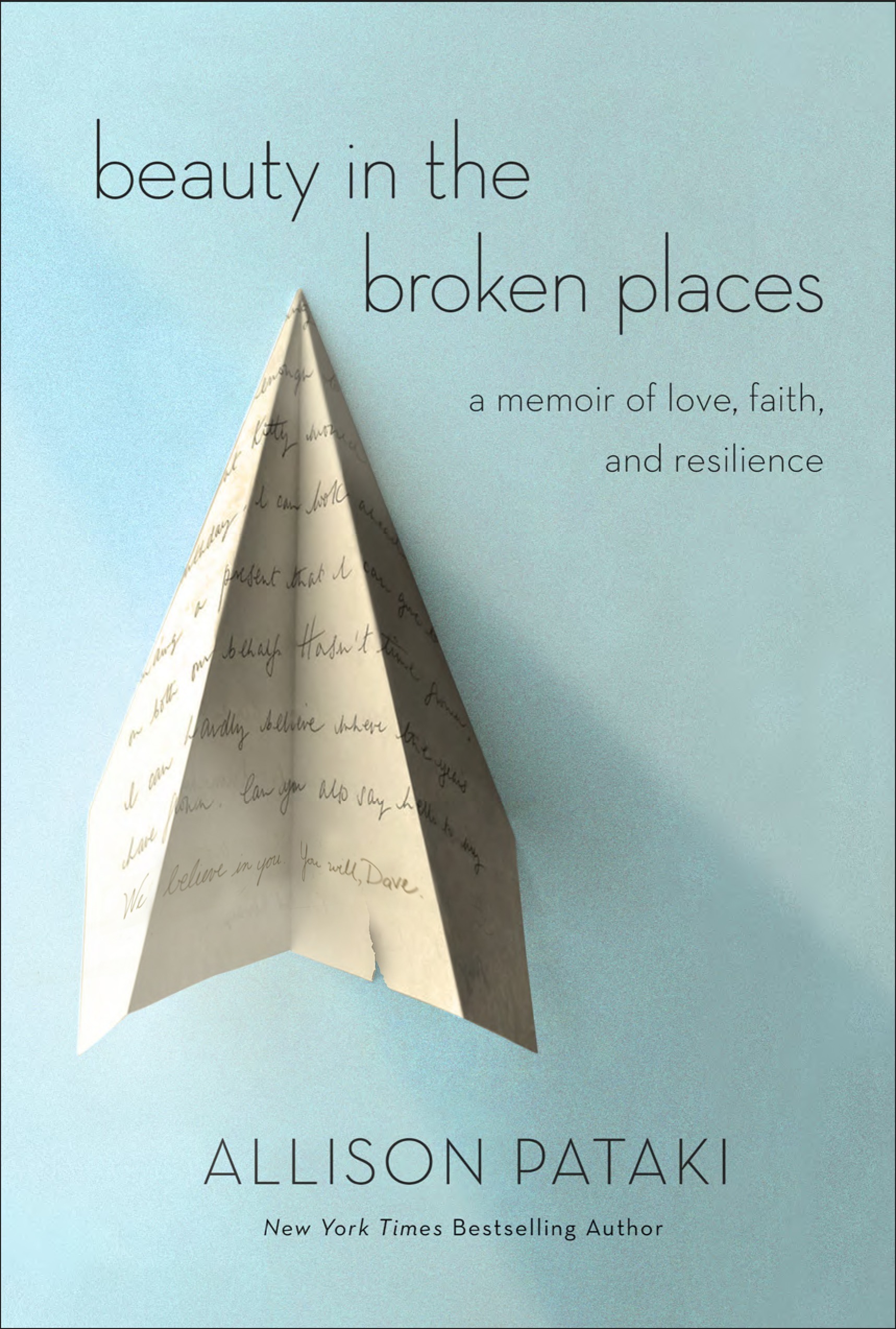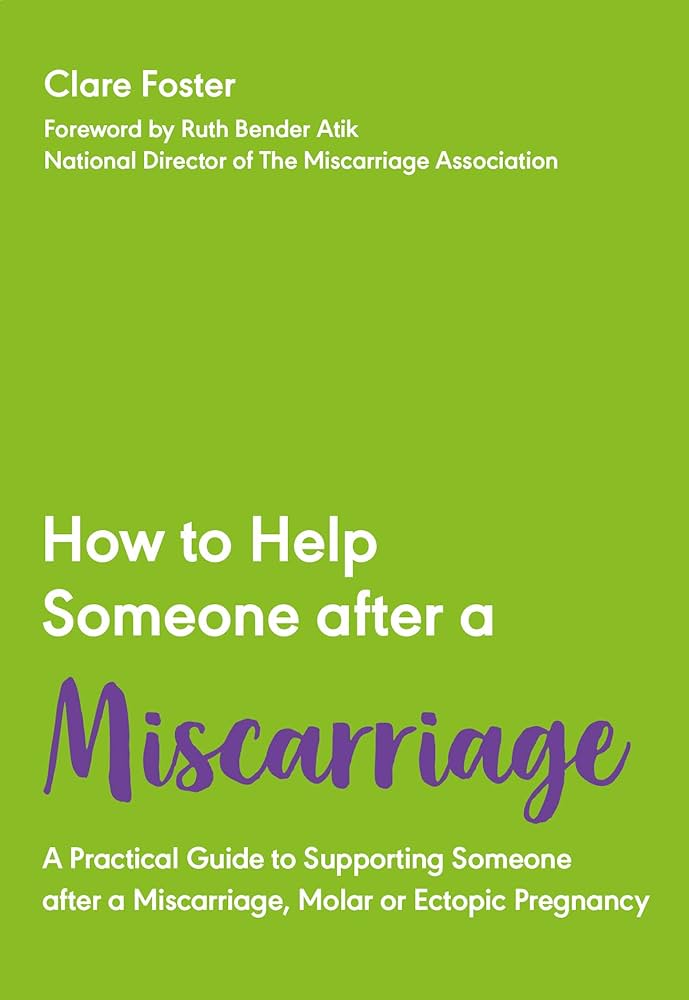How to Help Someone After a Miscarriage:Clare Foster
₨ 1,495
“Experiencing a miscarriage can be emotionally devastating, and providing support to someone who has gone through this loss is crucial. Offer emotional support, validate their feelings, provide practical assistance, respect their privacy, and be patient and understanding. Check in regularly, encourage self-care, remember important dates, and offer specific ways you can help. Your unconditional love and support can make a significant difference during this difficult time.”
Description
Experiencing a miscarriage can be an incredibly challenging and emotionally devastating event for both the person who miscarried and their loved ones. It is important to approach the situation with sensitivity, compassion, and support. Here are some ways to help someone after a miscarriage:
1. Offer emotional support: Let the person know that you are there for them and willing to listen whenever they need to talk. Acknowledge their pain and validate their feelings, letting them know that it is okay to grieve and that they are not alone.
2. Be understanding: Understand that everyone grieves differently and that there is no right or wrong way to feel after a miscarriage. Respect their emotions and give them space to process their grief in their own time.
3. Provide practical support: Offer to help with household chores, cooking meals, running errands, or taking care of any other tasks that may feel overwhelming for the person who miscarried. Your practical assistance can help alleviate some of the burdens they may be facing during this difficult time.
4. Respect their privacy: Respect the person’s need for privacy and confidentiality regarding their miscarriage. Avoid sharing their personal information or discussing their situation with others without their consent.
5. Offer specific support: Instead of asking, “Is there anything I can do to help?” offer specific ways you can assist, such as bringing over a meal, accompanying them to a support group or therapy session, or simply spending time with them if they need company.
6. Validate their loss: Acknowledge the significance of their loss and avoid minimizing their grief with well-meaning but dismissive comments such as, “You can always try again,” or “It wasn’t meant to be.” Instead, offer words of empathy and validation, such as, “I’m so sorry for your loss,” or “I’m here for you.”
7. Be patient and understanding: Understand that the person who miscarried may experience a range of emotions, including sadness, anger, guilt, and confusion. Be patient and understanding, and avoid placing expectations on their grieving process.
8. Check in regularly: Continue to check in on the person after the initial shock of the miscarriage has passed. Let them know that you are thinking of them and that you are available to offer support whenever they need it.
9. Encourage self-care: Encourage the person to prioritize self-care and to engage in activities that bring them comfort and relaxation, whether it’s taking walks in nature, practicing mindfulness or meditation, or seeking professional counseling or therapy.
10. Remember important dates: Remember important dates related to the miscarriage, such as the due date or the anniversary of the loss, and reach out to the person on these occasions to offer your support and let them know that you are thinking of them.
Overall, the most important thing you can do to help someone after a miscarriage is to offer your unconditional love, support, and understanding. By being there for them during this difficult time, you can help them feel less alone and provide them with the comfort and reassurance they need to heal.”
Additional information
| Weight | 160 g |
|---|---|
| Author | Clare Foster |
| Language | English |
| Binding | Paperback |








